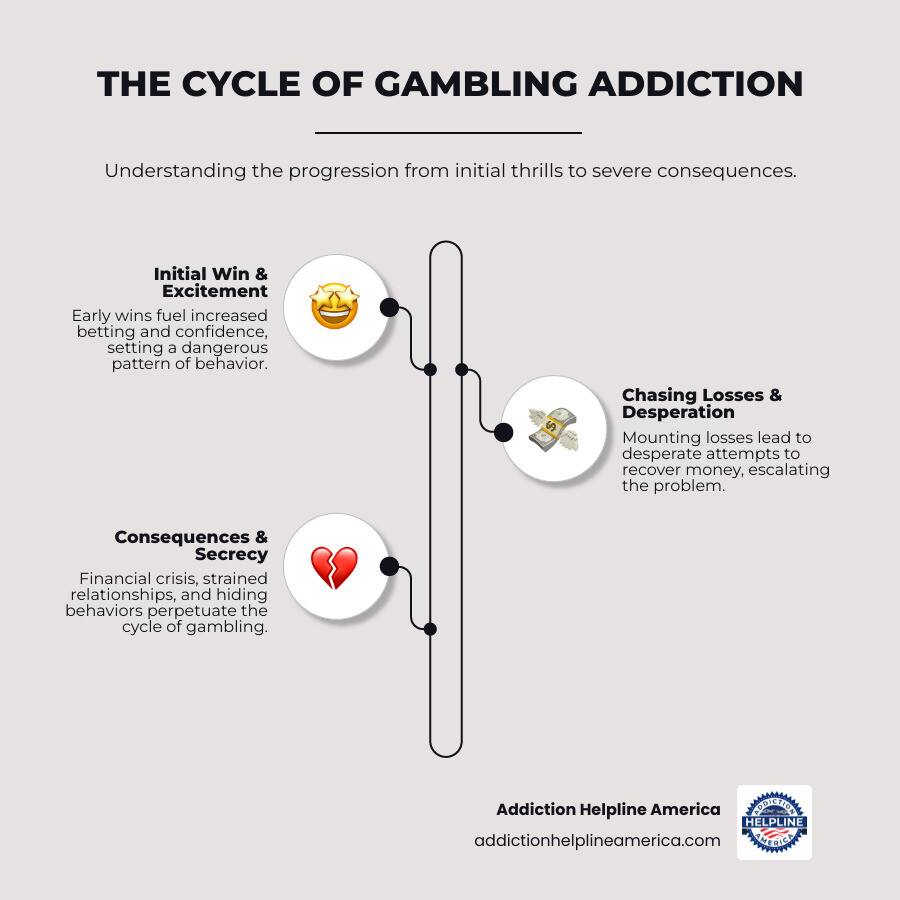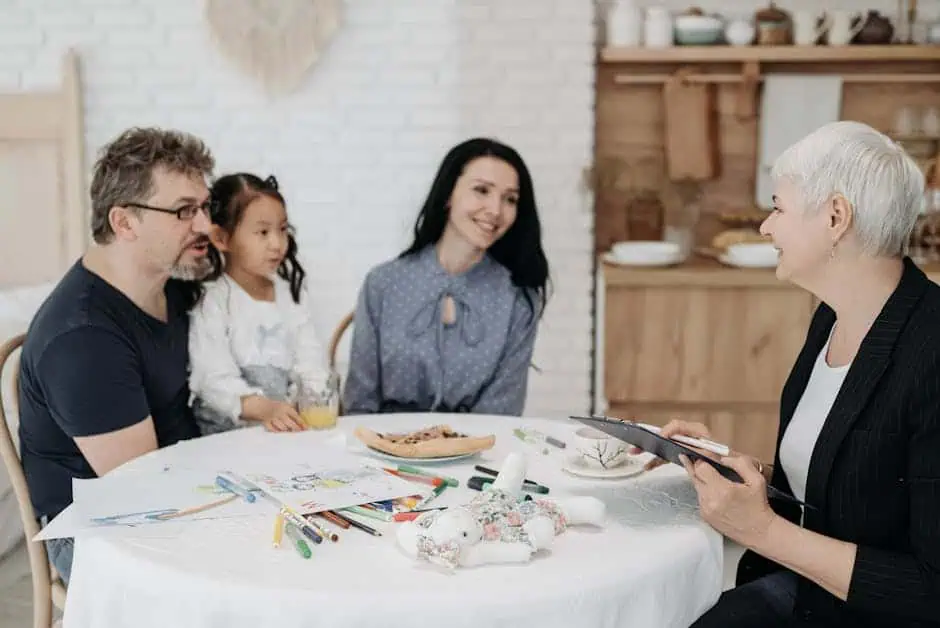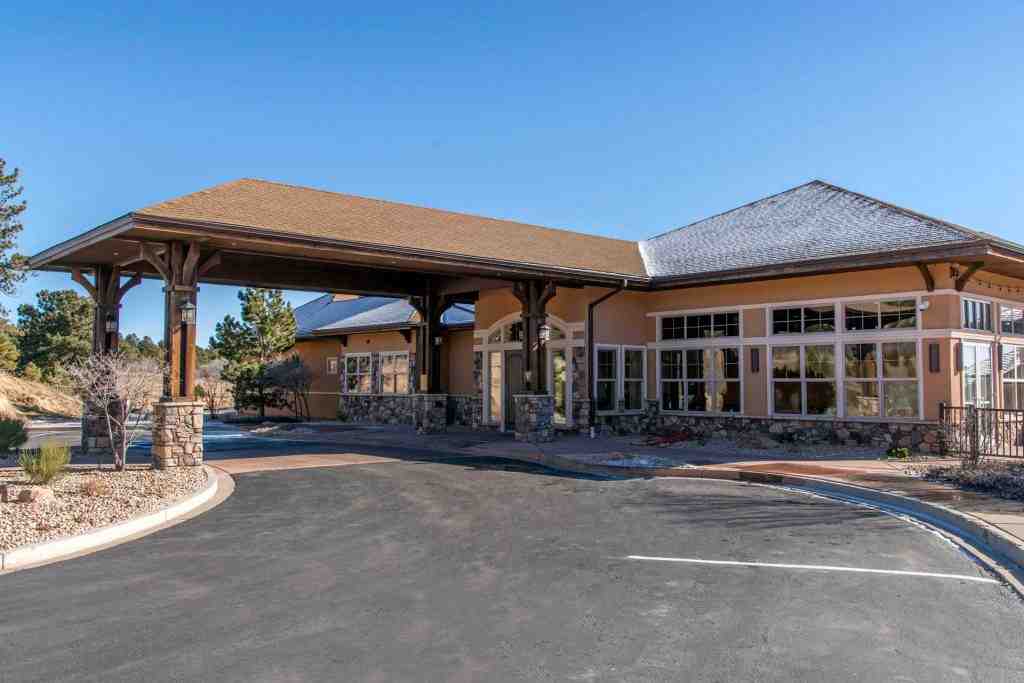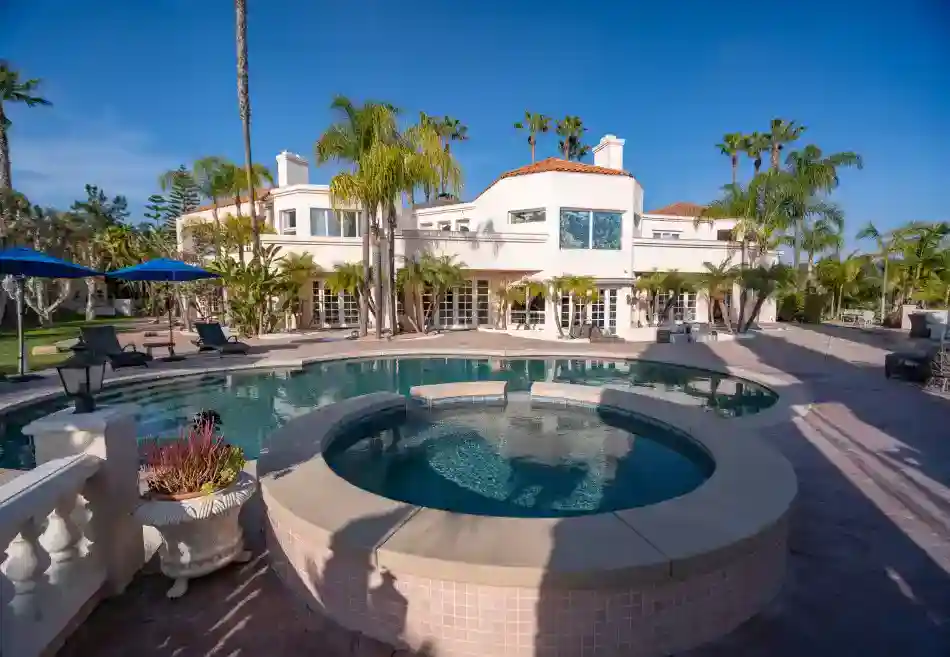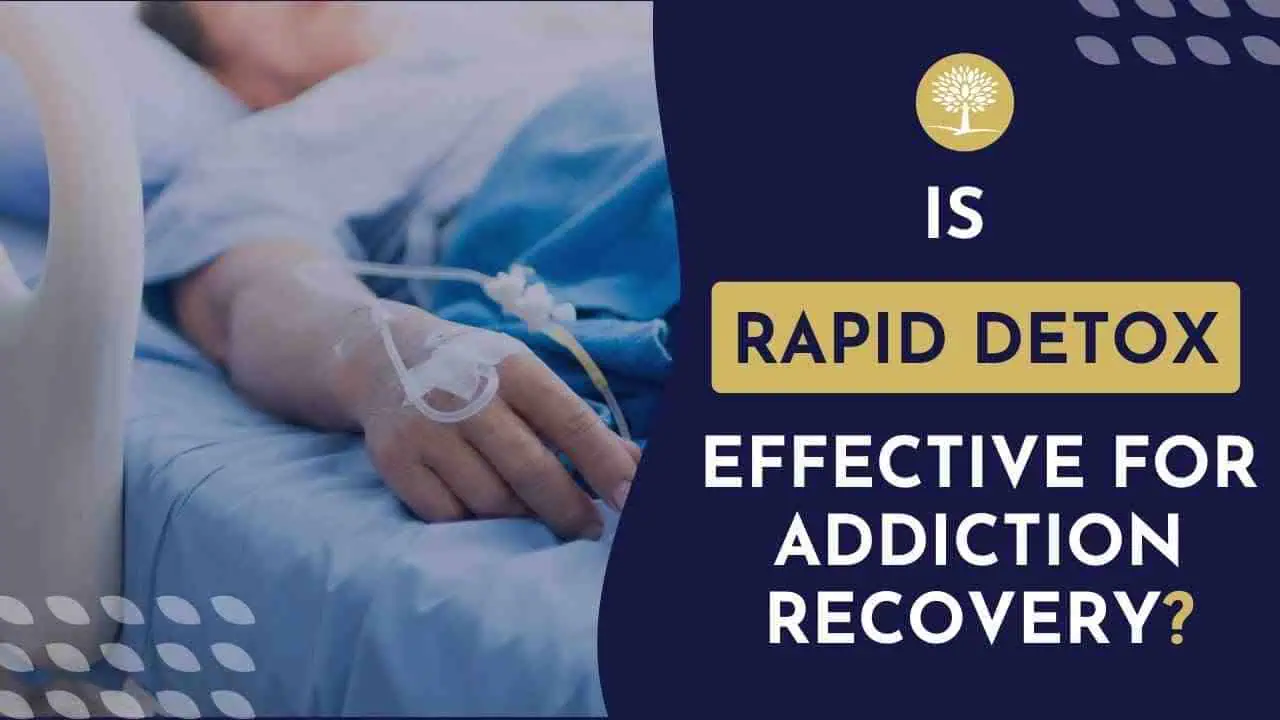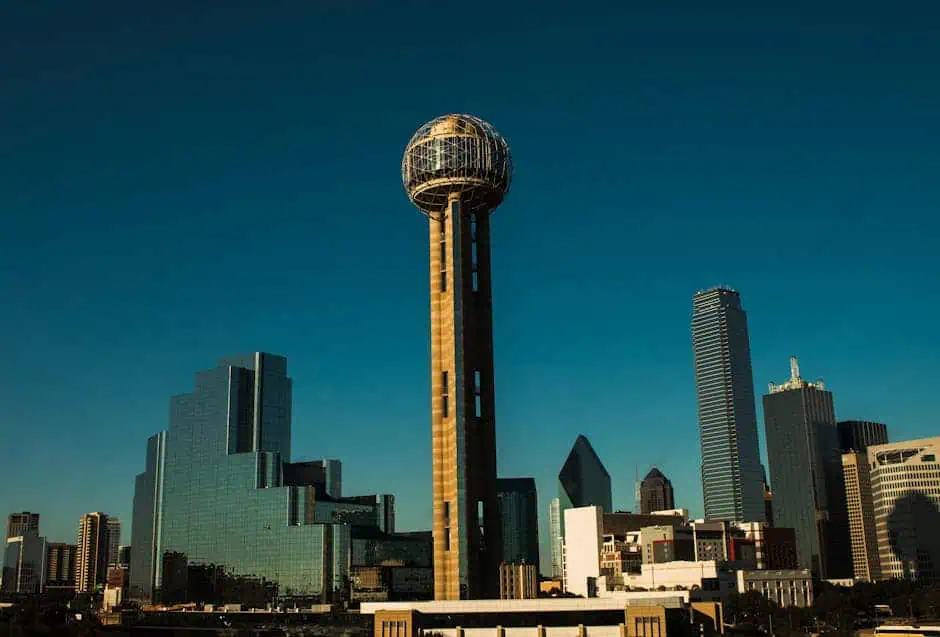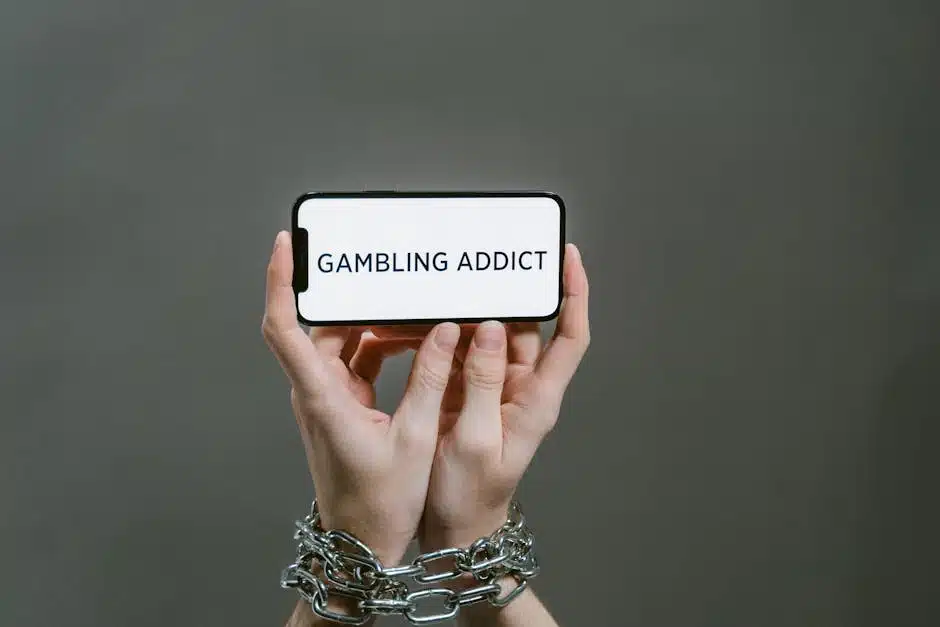
Why Finding Help for Gambling Addiction in New Orleans Matters
Gambling addiction New Orleans residents face is a serious and treatable condition. If you or someone you care about is struggling, here’s what you need to know right now:
Quick Help Options:
- Louisiana Problem Gamblers Helpline: 1-877-770-STOP (24/7, free, confidential)
- Free State-Funded Treatment: Available through Louisiana Department of Health
- Gamblers Anonymous: Peer support meetings throughout New Orleans
- Self-Exclusion Programs: Ban yourself from Louisiana casinos
- Professional Therapy: CBT and counseling (in-person or telehealth)
The statistics tell a sobering story. The 2016 Louisiana Study of Problem Gambling estimated that over 280,000 people in the state could have gambling problems. In New Orleans specifically, the combination of easy access to casinos, sports betting legalization, and a culture that celebrates gaming creates a perfect storm for addiction.
But here’s the truth that matters most: recovery is absolutely possible.
With the right support—whether that’s calling a helpline, attending a peer support meeting, working with a therapist, or entering treatment—thousands of people in Louisiana have found freedom from compulsive gambling. The help you need exists, much of it is free, and it’s available right here in New Orleans.
At Addiction Helpline America, we’ve spent years connecting individuals struggling with gambling addiction in New Orleans to the specialized resources and treatment they need to rebuild their lives. We understand the unique challenges facing Louisiana residents and we’re here to guide you through every step of recovery.
Gambling addiction New Orleans terms to remember:
Understanding Gambling Addiction in New Orleans
New Orleans has a unique relationship with gambling that’s woven into the city’s fabric as tightly as jazz, gumbo, and Mardi Gras beads. From the historic riverboat casinos that first appeared in the 1990s to the retail sportsbook downtown at Caesars New Orleans, gambling is everywhere. Video poker machines light up bars across the city, and in 2020, 55 out of 64 Louisiana parishes voted to legalize sports betting, making it easier than ever to place a wager from your phone while waiting for your po’boy.
This easy access, combined with a culture that often views gambling as just another form of entertainment, creates what we call a “perfect storm” for gambling addiction New Orleans residents face. What starts as a fun night out or a casual bet on the Saints can, for some people, spiral into something much more serious.
Here’s something important to understand: gambling addiction rarely travels alone. We often see it co-occurring with other mental health challenges like stress, anxiety, depression, bipolar disorder, and ADHD. In fact, one study of compulsive gamblers found that 62% suffered from another psychiatric disorder. This isn’t a coincidence. The same neurochemical pathways involved in substance addiction are at play with gambling addiction. For many people, gambling becomes a way to cope with emotional distress or to temporarily escape from underlying mental health issues.
The impact of gambling addiction New Orleans can be absolutely devastating. Finances typically take the biggest hit—we’re talking debt, bankruptcy, and sometimes even illegal activities to fund the addiction. Relationships crumble as trust erodes through secrecy, lies, and financial strain. Work or school performance declines. The quality of life for the person gambling and everyone around them diminishes. Recognizing this complex interplay between gambling and mental health is truly the first step toward seeking effective help.
When you’re considering treatment options in New Orleans, it’s worth thinking about what works best for your unique situation. Let’s be honest: New Orleans has some logistical challenges that can make getting to in-person appointments tough. Traffic congestion (especially during festivals or on I-10), limited parking downtown, unpredictable weather, and the general chaos that makes this city charming can also make it exhausting to get to regular appointments. This is where options like teletherapy really shine.
| Feature | In-Person Therapy in New Orleans | Teletherapy |
|---|---|---|
| Pros | Direct interaction allows for better observation of body language and non-verbal cues; immediate rapport building in a structured environment away from home distractions; easy access to local community resources and support groups. | Eliminates travel time and parking costs completely; convenient from any location (home, office, even a quiet park); increased privacy and comfort in your own space; flexible scheduling with evening and weekend appointments available; ideal for people with unpredictable work schedules (like service industry workers); bypasses New Orleans traffic and parking headaches entirely. |
| Cons | Time-consuming with travel and parking; New Orleans traffic can be brutal, especially during events like Mardi Gras or Jazz Fest; limited accessibility for people with mobility issues or without reliable transportation; privacy concerns in waiting rooms; fixed appointment times that may not fit irregular schedules. | Requires a stable internet connection and suitable device; potential for technical glitches; may not suit everyone’s preference for face-to-face interaction; ensuring a private space at home can be challenging for some households. |
Common Signs and Symptoms
Identifying gambling addiction New Orleans can be tricky because it’s often a hidden problem. Unlike substance abuse, there are no physical signs like slurred speech or bloodshot eyes. However, there are clear behavioral and psychological red flags that we can all learn to recognize. If you notice these signs in yourself or a loved one, it’s a strong signal that help may be needed:
Preoccupation with gambling means constantly thinking about past gambling experiences, planning the next venture, or dwelling on ways to get money to gamble. Needing to bet more money shows up as an increasing need to gamble with larger amounts to achieve the desired excitement or “high”—what used to thrill you with a $20 bet now requires $100 or more.
Restlessness or irritability appears when someone tries to cut down or stop gambling—they become uneasy, anxious, or snappish. Chasing losses is a classic warning sign where someone tries to win back money lost by gambling more, convinced that the next bet will turn things around. This almost always leads to even greater losses.
Lying about gambling habits involves being secretive about the extent of gambling, hiding losses, or deceiving family members, friends, or therapists. Jeopardizing relationships or jobs means losing significant relationships, educational opportunities, or employment because of gambling. Relying on others for money shows up as needing to borrow from family or friends, or even resorting to illegal activities to alleviate desperate financial situations caused by gambling.
Other signs include gambling to escape problems—using it as a way to avoid dealing with feelings of helplessness, guilt, anxiety, or depression—and repeated unsuccessful efforts to control, cut back, or stop gambling. You might also notice a withdrawal from usual activities, where someone who used to love going to festivals, playing in a band, or spending time with family suddenly has no interest in anything but gambling.
Contributing Factors to Gambling Addiction in New Orleans
Several factors contribute to why gambling addiction New Orleans is such a significant concern. Understanding these can help us address the issue more effectively and with more compassion.
Easy access to gambling venues is perhaps the biggest factor. New Orleans offers a wide array of gambling options—from the land-based casino at Caesars New Orleans to numerous riverboat casinos on the Mississippi River, plus video poker machines in bars and truck stops throughout the city. The recent legalization of online sports betting in most Louisiana parishes has added another layer of accessibility, allowing people to gamble from their couch at 2 a.m. if they want to.
Social acceptance of gambling plays a huge role. In a city known for its vibrant nightlife and “laissez les bons temps rouler” attitude, gambling is often viewed as a normal part of leisure. This cultural acceptance can make it harder for individuals to recognize when their gambling has become a problem and to seek help without feeling shame or judgment.
Economic stress can push people toward gambling, especially when they’re hoping for a quick win to escape financial hardship. Unfortunately, this creates a vicious cycle of chasing losses and deepening debt. History of trauma and mental health issues also contribute significantly—gambling addiction often co-occurs with conditions like depression, anxiety, and PTSD. For some, gambling becomes a temporary escape or a way to self-medicate underlying emotional pain.
Finally, family history of addiction matters. Genetic predisposition combined with learned behaviors from family members who’ve struggled with addiction (whether gambling, alcohol, or drugs) can increase someone’s risk of developing a gambling problem themselves.
For more information about addressing co-occurring conditions, check out our resources on addiction counseling New Orleans, rehab facilities in New Orleans, and anxiety treatment New Orleans.
The 5 Best Avenues for Gambling Addiction Help in New Orleans
We understand that reaching out for help can feel overwhelming, but it’s also the most courageous step you can take toward reclaiming your life. Here in New Orleans, you have access to several excellent resources designed specifically to support people struggling with gambling addiction New Orleans. Let’s walk through five of the most effective avenues for getting the help you need.
1. State-Funded and Low-Cost Treatment Programs
One of the most valuable resources available to Louisiana residents is the state-funded treatment provided through the Louisiana Department of Health (LDH) and its Office of Behavioral Health. Here’s the best part: these services are completely free for Louisiana residents. That’s right—financial barriers don’t have to stand in the way of your recovery.
The LDH oversees a network of specialized gambling treatment providers throughout the state, offering both outpatient counseling and residential treatment options. These programs understand the unique challenges of gambling addiction and provide confidential, professional care custom to your needs. For example, The Center of Recovery (CORE) in Shreveport offers residential treatment for problem gambling and even provides free roundtrip Greyhound bus tickets to help individuals access care. Right here in New Orleans, the Metropolitan Human Services District serves Orleans Parish, connecting residents with behavioral health and recovery services.
You can find a complete list of free specialized gambling treatment providers across Louisiana by visiting the Louisiana Department of Health’s Gambling Treatment Providers page. For a more comprehensive overview of addiction treatment options available in New Orleans, we encourage you to explore our guide on Alcohol Drug Addiction Treatment in New Orleans Louisiana.
2. Peer Support Groups
There’s something incredibly powerful about sitting in a room with people who truly understand what you’re going through. Peer support groups offer exactly that—a safe, confidential space where individuals struggling with gambling addiction New Orleans can connect with others who’ve walked the same difficult path. Based on the proven 12-step model, these fellowships provide mutual support, practical coping strategies, and a sense of community that can be absolutely crucial for long-term recovery.
Gamblers Anonymous (GA) is the primary fellowship for men and women who share their experience, strength, and hope with each other to solve their common problem and help others recover from gambling addiction. GA meetings are held regularly around New Orleans, including in neighborhoods like Uptown and Mid-City. You can find local meetings and more information at the Gamblers Anonymous website.
But addiction doesn’t just affect the person gambling—it ripples through families and friendships. That’s where Gam-Anon comes in. This self-help organization is specifically designed for the spouse, family members, or close friends of compulsive gamblers. It provides a vital support network where loved ones can learn to cope, understand the addiction, and find how to best support the recovery process without enabling the behavior.
For those who prefer online interaction or need support at odd hours, GamTalk offers a 24/7 moderated online peer support forum. It’s a great way to connect with others and share experiences from anywhere, at any time—whether you’re up late unable to sleep or need encouragement during a difficult moment.
3. Professional Therapy and Counseling
While peer support is invaluable, professional therapy and counseling provide evidence-based strategies and personalized guidance to address the root causes and behaviors driving gambling addiction. Licensed therapists in New Orleans offer several proven treatment approaches specifically designed for compulsive gambling.
Cognitive Behavioral Therapy (CBT) is particularly effective for gambling addiction. This therapy helps you identify and challenge the distorted thoughts and beliefs that fuel gambling behavior—like the belief that you’re “due for a win” or that you can somehow control random outcomes. CBT teaches you to replace these harmful thought patterns with healthier, more realistic ways of thinking and coping.
Motivational Interviewing (MI) is another powerful approach that helps you explore and resolve any mixed feelings you might have about changing your gambling behavior. It’s normal to feel ambivalent—part of you wants to stop, but another part isn’t ready to let go. MI helps strengthen your motivation for recovery by helping you find your own reasons for change.
Individual counseling provides a private, one-on-one setting where you can explore personal triggers, develop coping skills, and address any co-occurring mental health issues like depression or anxiety. Meanwhile, group therapy offers a supportive environment where you can learn from others, practice new skills, and build accountability with peers who understand your struggle.
In New Orleans, teletherapy has become increasingly popular and practical for accessing professional help. Let’s be honest—navigating New Orleans traffic, finding parking (especially near the French Quarter), and dealing with potential weather disruptions during hurricane season can make getting to appointments a real challenge. Virtual counseling eliminates all of that hassle. You can attend sessions from the comfort of your home, making it much easier to fit treatment into your busy schedule—whether you work in the service industry with unpredictable hours or just want to avoid the stress of commuting.
For more detailed information about various therapy options and how they can support your journey, visit our guide on Alcohol Drug Addiction Treatment in New Orleans Louisiana.
4. Self-Exclusion and Responsible Gambling Tools
Sometimes, the most effective way to manage gambling addiction New Orleans is to physically prevent yourself from accessing gambling venues. Louisiana offers a robust self-exclusion program managed by the Louisiana Gaming Control Board and the Louisiana State Police. This program allows you to voluntarily ban yourself from all licensed casino gaming establishments in the state, including the riverboat casinos and the land-based casino at Caesars New Orleans.
This isn’t a casual decision—it’s a serious commitment designed to help you regain control. You must initiate the request yourself; no one else can ban you, not even a spouse or family member. The Request for Self-Exclusion form must be submitted in person at a designated Louisiana State Police Gaming Enforcement Division office. You’ll need to bring valid identification (driver’s license, passport, or military ID), and they’ll take your photograph for the exclusion database.
Once you’re on the list, the exclusion lasts for a minimum of five years. It doesn’t automatically expire—your name remains on the list unless you formally request removal after the five-year period, which requires a hearing and a final board decision. This long-term commitment helps break the cycle of addiction by removing immediate access to gambling.
The consequences of violating your self-exclusion are significant and designed to reinforce your commitment. If you’re caught gambling while on the list, any winnings will be withheld and forfeited to the State of Louisiana. You’ll be escorted from the gaming floor, and you may be subject to arrest for trespassing. These strict measures exist to protect you from yourself during vulnerable moments.
You can learn more about the legal specifics of Louisiana’s self-exclusion program by reviewing the Louisiana Gaming Control Law regarding self-exclusion.
5. 24/7 Crisis Helplines
Sometimes you need help right now—not tomorrow, not next week, but in this moment. That’s exactly what crisis helplines are for. These services offer immediate, confidential support, connecting you with trained specialists who can provide guidance, resources, and a compassionate ear during difficult moments.
The Louisiana Problem Gamblers Helpline should be your first call. It’s a toll-free, confidential line available 24 hours a day, seven days a week. You can call or text 1-877-770-STOP (7867). Their staff are trained, certified Helpline Specialists who understand what you’re going through and can provide information about services in your area, referring you to qualified professionals who can help. You can also access live chat support at their website.
The National Problem Gambling Helpline is another excellent resource. Call 1-800-GAMBLER, text 800GAM, or chat online. This service, operated by the National Council on Problem Gambling (NCPG), connects you to local resources in Louisiana and across the country.
If you’re experiencing severe emotional distress or a mental health crisis related to your gambling—maybe you’re feeling hopeless or having thoughts of harming yourself—please reach out to the 988 Suicide & Crisis Lifeline. While not gambling-specific, this service provides crucial support during mental health emergencies. Louisiana has centers that respond to 988 calls, integrating mental health crisis support with broader services.
We at Addiction Helpline America are also here to help you steer these options. For immediate assistance and personalized guidance custom to your specific situation, please don’t hesitate to Contact Addiction Helpline America for support. We understand how overwhelming it can feel to take that first step, and we’re here to walk alongside you on your journey to recovery.
Frequently Asked Questions about Gambling Addiction in New Orleans
We know you might have a lot of questions when facing gambling addiction New Orleans, whether it’s for yourself or a loved one. We’re here to offer clear, comforting answers to some of the most common concerns.
Is gambling addiction treatment free in New Orleans?
It’s a wonderful truth that yes, for Louisiana residents, treatment for gambling addiction can indeed be accessed at no cost. The Louisiana Department of Health (LDH) has a special Problem Gambling Program. This program is set up to help you by funding a variety of treatment and prevention options.
This means that if you call Louisiana home, you can receive confidential counseling services. These include options like outpatient care, where you live at home and attend sessions, and even residential treatment, where you stay at a facility for a period. This generous funding helps remove financial worries, making sure that anyone dealing with gambling addiction New Orleans can get the support they need, no matter their financial situation. To get started, you can simply call the Louisiana Problem Gamblers Helpline at 1-877-770-STOP (7867) or check the LDH website for a list of providers ready to help.
How can I help a family member with a gambling problem?
Helping a family member struggling with a gambling problem can feel incredibly tough, but your support can make a huge difference. Here’s some advice we often share, balancing care with healthy boundaries:
First, it’s really important to avoid enabling their behavior. This means not giving them money to pay off debts or bailing them out of financial messes caused by gambling. While it comes from a place of love, it can accidentally make the problem worse.
Instead, gently but firmly encourage them to seek professional help. Offer to sit down with them, research treatment options, or even make those first phone calls. Sometimes just having someone by their side for that first step can be incredibly empowering.
You don’t have to go through this alone either. Consider attending support meetings for families, like Gam-Anon. These groups are specifically for those affected by a loved one’s gambling and can provide you with much-needed coping strategies, understanding, and a community that truly gets it.
It’s also vital to set healthy boundaries. Be clear about what you can and cannot do, especially regarding money and time. And once you set those boundaries, do your best to stick to them consistently. Finally, when you talk to your loved one, try to express your concern without judgment. Focus on how their gambling impacts their well-being and your relationship, rather than shaming or blaming them. You can’t force someone to change, but you can change how you respond and protect your own peace of mind.
What happens if I gamble while on the self-exclusion list?
If you’ve made the brave decision to place yourself on Louisiana’s voluntary self-exclusion list and you’re found gambling in a licensed casino, there are some serious consequences you need to be aware of:
First and foremost, you will be considered a trespasser on the property. This isn’t a minor issue; it means you’re not legally allowed to be there. Casino security, often with the help of the Louisiana State Police, will then escort you from the gaming floor.
Even more significantly, any winnings you might have accumulated while gambling will be withheld and forfeited directly to the State of Louisiana. That’s right – if you win, you won’t get to keep a single penny. It all goes to the state. And depending on the specifics of the situation, you could even face potential arrest and legal charges for trespassing.
The self-exclusion program is designed to be a strong tool, creating a clear barrier between you and gambling opportunities. These consequences are in place to reinforce that barrier and support your commitment to staying away from gambling, ultimately helping you on your path to recovery.
Conclusion
What a journey we’ve taken together, exploring the landscape of gambling addiction New Orleans and the incredible resources available right here in the Big Easy. It’s easy to feel lost when facing a challenge like this, but one truth shines bright: recovery isn’t just a dream, it’s a very real possibility for everyone.
As we’ve seen, there are so many avenues to explore on your path to healing. From the amazing free state-funded programs that ensure financial worries don’t stand in your way, to the comforting accept of peer support groups where shared experiences light the path forward, and the skilled guidance of professional therapy and counseling, help is truly all around. And for those who need a firm boundary, tools like self-exclusion offer a powerful way to regain control.
Taking that very first step can feel like the hardest part, can’t it? It’s like standing on the edge of the Mississippi River, looking out at the vastness, wondering where to begin. But remember, every great journey starts with a single step, or even just a single call. You don’t have to steer this alone.
Here at Addiction Helpline America, we’re more than just a resource; we’re your partners in this journey. We understand the unique heartbeat of New Orleans and the specific challenges our residents face. Our mission is simple: to offer you free, confidential, and truly personalized guidance. We connect you with the right recovery program from our extensive network, making sure it fits your unique needs and helps you find the peace and control you deserve.
So, if you or someone you care about is struggling with gambling addiction New Orleans, don’t let another moment slip by. Imagine a future where you’re free, thriving, and fully present in this incredible city. That future is within reach. Take that brave step today, and let us help you find your way home to recovery.
Ready to start? Find personalized gambling addiction treatment in New Orleans today.
Our helpline is 100%
free & confidential
If you or someone you care about is struggling with drug or alcohol addiction, we can help you explore your recovery options. Don’t face this challenge alone—seek support from us.
Programs
Resources
Will my insurance
cover addiction
treatment?
We're ready to help
Find the best
drug or alcohol treatment
center
Are you or a loved one struggling with addiction? Call today to speak to a treatment expert.

